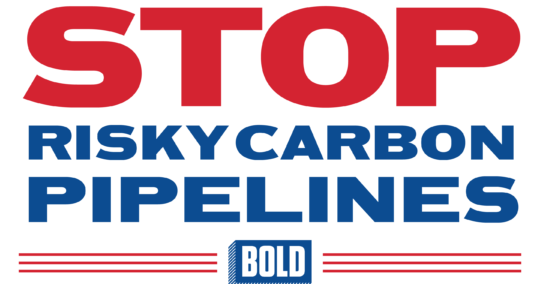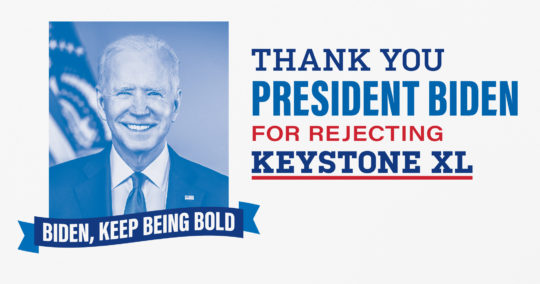As the Chamber of Commerce releases their energy “policy” today and renews their call to overturn the crude oil export ban, here is what you need to know about the consequences of doing so, and Big Oil’s motivations in advocating for a policy reversal. A report on the crude oil export ban and why it should not be lifted is available here.
Exporting Crude Oil Will Undercut Our Role As A Global Climate Leader
President Obama has repeated his commitment to be a global leader on climate change, and has made strides in reducing domestic carbon emissions. But we cannot maintain that role if we export millions of metric tons of carbon pollution across the globe. Overturning the export ban would send a clear message to world leaders that the United States puts Big Oil’s profits before combating climate change.
Exporting Crude Oil Will Export Climate Change
Lifting the restrictions would increase profits for drillers and encourage new oil development. That would be counter to the realities of climate science. Scientists have shown that we already have far too much oil (and gas and coal) than we can afford to burn if we want a safe climate. The Intergovernmental Panel on Climate Change and the International Energy Agency warn that at least two thirds of existing proven global fossil fuel reserves need to be left in the ground.
Exporting Crude Oil Will Raise Gas Prices
Despite the oil boom, the US currently consumes twice as much oil as it produces. Oil producers want to lift these restrictions so that they can get a higher price for their oil on the international market, which would also force American refiners to pay that increased price—a cost that will be passed along to American consumers. The focus on lifting crude export restrictions is solely motivated by Big Oil’s interests to develop new oil reserves, and increase their profits.
Exporting Crude Oil Does Nothing Good for Energy Security
The ban was instituted as a reaction to the oil shocks of the 1970’s, and the US still consumes twice as much oil as it produces. If Big Oil were genuinely concerned about US energy security, why would they advocate exporting their oil overseas?
More Transport of Extreme Crude Means More Accidents, More Air and Water Pollution
Extreme oil and tar sands is dangerous to transport by rail or pipeline. Bakken oil is more explosive and tar sands are even more corrosive and toxic than conventional crude oil, and oil companies and state and federal officials are not up to the job of protecting American families or our drinking water. Crude oil exports means more exploding trains and spills from pipelines, oil facilities, and oceangoing tankers.
A report on the crude oil export ban and why it should not be lifted is available here.
For more information, contact:
David Turnbull, david@priceofoil.org
Eddie Scher, eddie.scher@sierraclub.org
Jane Kleeb, jane@boldnebraska.org



